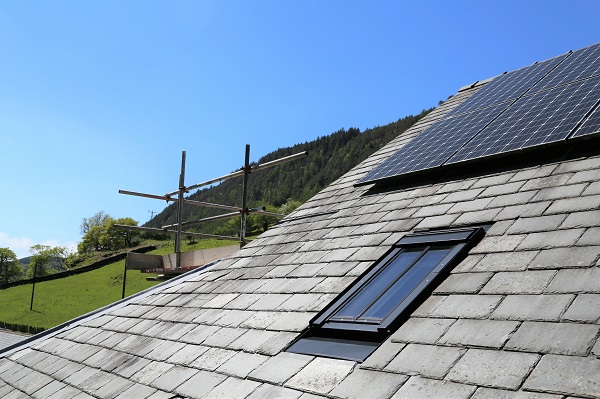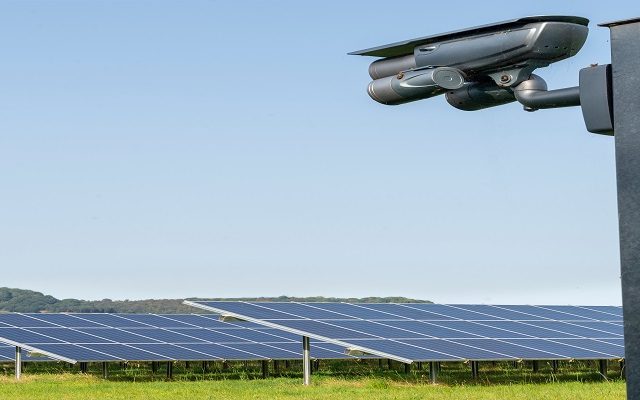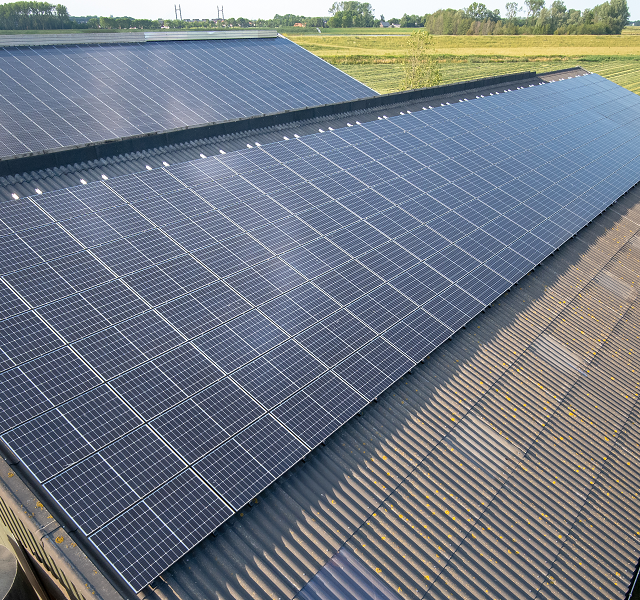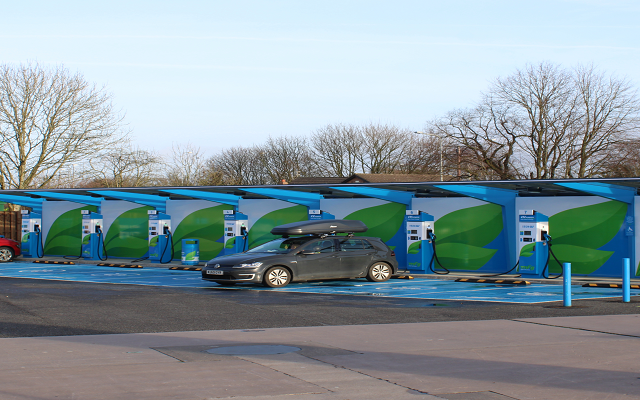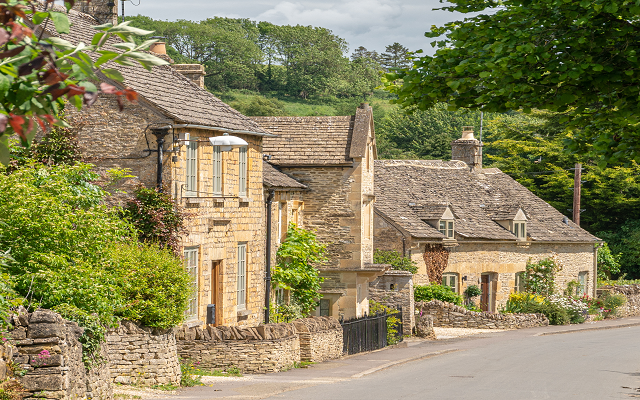0% VAT reminder on installation of energy saving measures
Land and property owners are reminded that 0% VAT is available on the installation of certain energy saving materials in residential accommodation which will help to lower future bills and carbon emissions.
The provisions, introduced in the Chancellor’s Spring Statement earlier this year, apply across Great Britain and last until 31 March 2027.
After this date, they will revert back to the 5% VAT rate which previously applied.
The installation of the following products are covered under the current scheme:
– Controls for central heating and hot water systems
Manual or electronic timers, thermostats, manual or electronic valves including thermostatic radiator valves
– Draught stripping
– Insulation
Insulation means materials that are designed and installed because of their insulating qualities. This includes insulation for: walls, floors, ceilings, roofs/lofts, water tanks, pipes or other plumbing fittings
– Solar panels
Solar panels include all systems that are installed in, or on the site of, a building and that are:
- solar collectors such as evacuated tube or flat plate systems, together with associated pipework and equipment, such as circulation systems, pump, storage cylinder, control panel and heat exchanger
- photovoltaic (PV) panels with cabling, control panel and AC/DC inverter
– Ground source heat pumps
These transfer energy from the natural heat stored in the earth to heat the home and domestic hot water. They can also be used to augment existing heating systems in the same way as solar panels.
– Air source heat pumps
Air source heat pumps use the air as a source of heat. They absorb heat from the outside or surrounding air and transfer that into useable heat in the home for space or water heating, or both.
Fixed air source heat pumps can be reversed so that they can draw heat from inside a building, thus providing cooling during the summer as well as indoor heating for colder periods of the year.
HMRC’s understanding is that most air conditioning units are air source heat pumps. However, in cases of doubt, deciding whether any particular product is to be treated as an air source heat pump will depend on the facts of each case.
– Micro combined heat and power units
These produce heat and hot water but, in addition, they also generate electricity
– Wood-fuelled boilers
These are boilers designed to be fuelled solely by wood (including wood chips and pellets), straw or similar vegetal matter.
Some boilers need hoppers to feed the fuel into the boiler. Where a hopper is integral to the installation of the boiler it’s included within the scope and is zero rate in Great Britain.
The construction or conversion of buildings or extensions for use as log or fuel stores is standard-rated.
– Wind turbines and water turbines
The installation of wind turbines together with the installation of all equipment essential to the operation of wind turbines, including mounting poles, electrical cables, battery banks and voltage controllers.
It is important to note that purchasing of materials ‘off the shelf’ sees the standard 20% VAT rate applied, however, the subsequent labour to install them would be VAT exempt.
Therefore, in order to achieve the full benefit from the 0% rate, both the purchase and installation of the product/s should be undertaken under a single contract – in such an instance the contractor would purchase the materials.
Of course, whether an owner-occupier or a landlord, when it comes to energy improvements there will be a balancing act between acting in the best interest of any tenant/resident, wider environmental factors and the potential return on investment (ROI).
Please get in touch with Alexander McFarlane if you would like to talk about any installing energy efficiency measures in your property.
